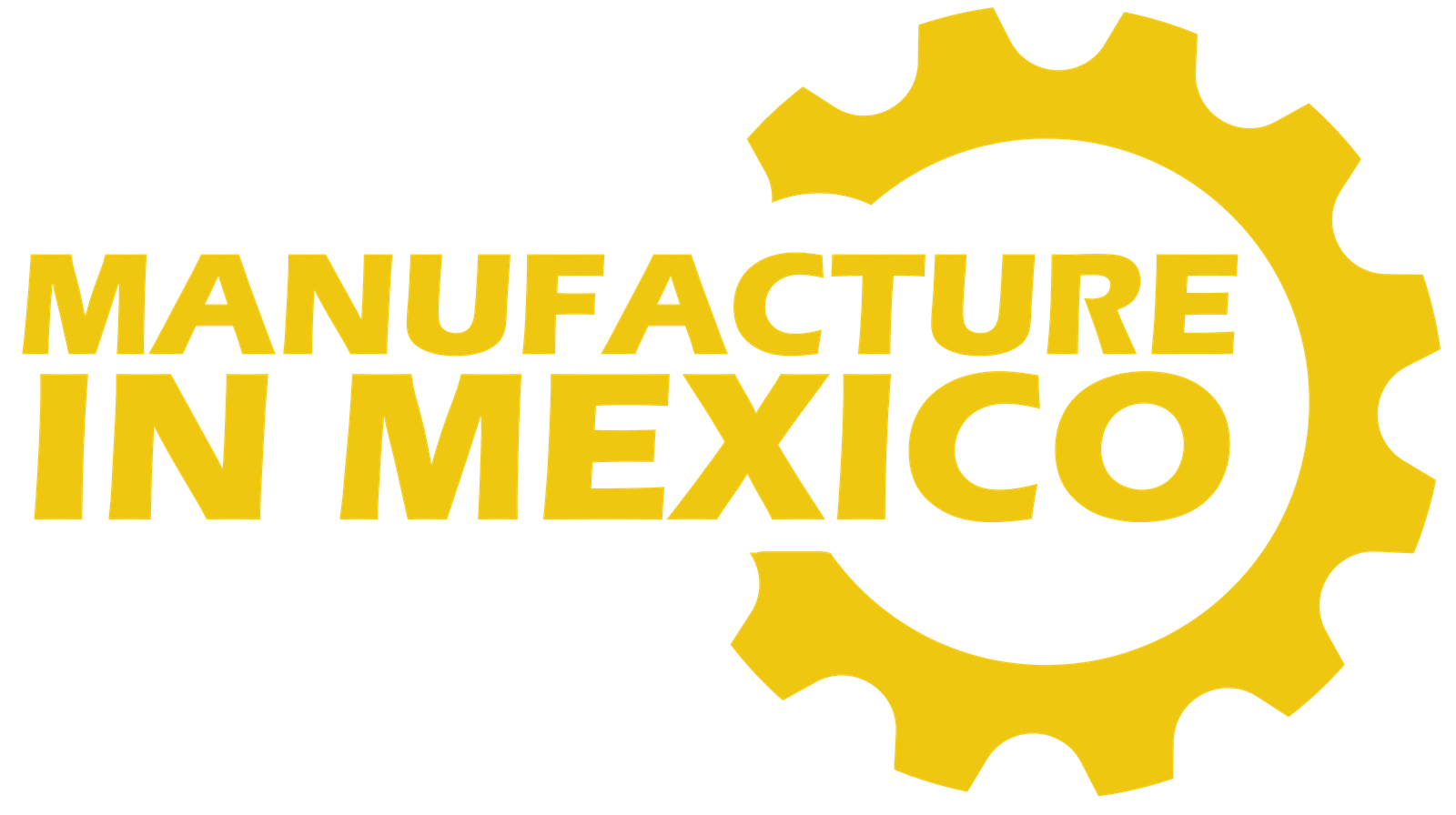In the ever-evolving landscape of global trade and commerce, manufacturing in Mexico has emerged as a strategic gateway for businesses aiming to expand their reach into international markets. This approach not only offers cost-effective production solutions but also opens up a plethora of opportunities in global markets. In this comprehensive exploration, we delve into how manufacturing in Mexico provides strategic advantages for businesses looking to establish a global presence.
Mexico’s Strategic Location and Global Trade Agreements
Mexico’s geographical positioning is a significant advantage for manufacturers. Situated at the crossroads of North and South America and having coastlines along the Pacific and the Atlantic, Mexico offers unparalleled access to major global markets. This strategic location is further enhanced by Mexico’s active participation in numerous trade agreements, including the United States-Mexico-Canada Agreement (USMCA), which replaced NAFTA, and deals with the European Union and various Latin American countries.
These agreements not only ease the process of exporting goods manufactured in Mexico but also significantly reduce the tariffs and trade barriers, making Mexican-manufactured goods more competitive in the global market. Additionally, these agreements often include provisions for protecting investments and intellectual property, offering an added layer of security for foreign businesses operating in Mexico.
The proximity to the United States, in particular, is a boon for manufacturers, allowing for shorter, more efficient supply chains. This proximity reduces shipping times and costs, a crucial factor in industries where speed to market is a competitive advantage. Furthermore, Mexico’s diverse range of seaports enables efficient maritime transport to Europe, Asia, and beyond, making it an ideal hub for global distribution.
Cost-Effective Manufacturing and Skilled Labor Pool
One of the most compelling reasons businesses choose to manufacture in Mexico is the combination of lower operational costs and access to a skilled labor force. Labor costs in Mexico are significantly lower compared to those in the United States and Europe, without compromising on the quality of the workforce. Mexican workers are known for their skill, especially in areas such as automotive, aerospace, and electronics manufacturing.
The Mexican government’s focus on education, particularly in technical and engineering disciplines, ensures a steady supply of qualified, skilled workers. This commitment to workforce development is evident in the growing number of technical schools and universities, which collaborate closely with the manufacturing industry to align their curricula with industry needs.
In addition to labor costs, manufacturing in Mexico allows companies to benefit from lower utility costs, real estate, and transportation expenses. The establishment of numerous industrial parks and manufacturing zones, equipped with modern infrastructure and facilities, further simplifies the setting up of manufacturing operations.
Navigating the Challenges and Maximizing Opportunities
While the advantages of manufacturing in Mexico are clear, companies must also navigate certain challenges to maximize their opportunities. This includes understanding and complying with Mexican business laws and regulations, which can differ significantly from those in their home countries. The language barrier and cultural differences can also present challenges in terms of communication and business operations.
To successfully navigate these challenges, many companies opt to work with local partners or consultants who are well-versed in the Mexican business environment. Establishing strong local relationships can be key to overcoming bureaucratic hurdles and integrating into the local business community.
Moreover, staying informed about political and economic developments in Mexico is crucial, as these can impact manufacturing operations. Companies should have contingency plans in place to deal with potential disruptions and be flexible enough to adapt to changing circumstances.
Conclusion:
Manufacturing in Mexico offers a strategic advantage for businesses looking to access global markets. The combination of its strategic location, favorable trade agreements, cost-effective manufacturing, and skilled labor pool makes Mexico an attractive destination for global manufacturing operations. However, success in this endeavor requires careful planning, an understanding of the local business landscape, and a willingness to adapt to new challenges. For businesses that navigate these waters successfully, manufacturing in Mexico can be a gateway to global growth and prosperity.






Producing in Mexico: A Comprehensive Guide to Manufacturing Success - Manufacture In Mexico
[…] the post by reiterating the strategic advantages of manufacturing in Mexico and the diverse opportunities it presents for global businesses. […]